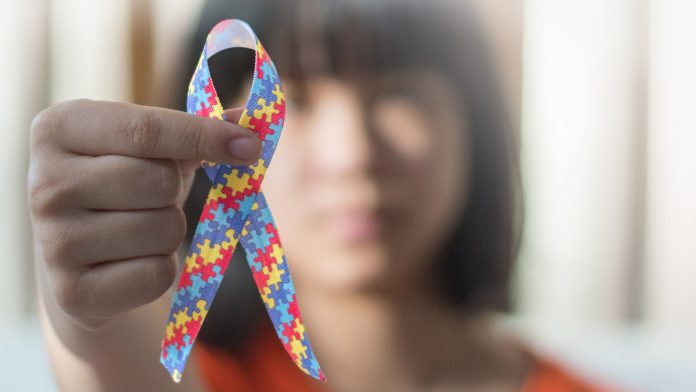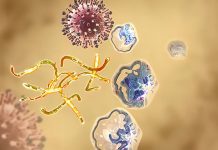
A shocking new study from France suggests that nearly nine in 10 women with autism have suffered sexual violence during their life, with most victims being assaulted multiple times.
Performed by investigators at the French National Center for Scientific Research (CNRS-EHESS), the study, which is one of the most extensive focusing on this population specifically, found that as many as 90% of autistic women in France have experienced sexual violence.
This is significantly higher compared to non-autistic women, with previous studies showing that one in three women without the condition suffer sexual aggression, suggesting that offenders are three times more likely to target women with autism. The findings also illustrate that autistic women had been assaulted multiple times and predominantly when they were young and unable to report the crime or receive care. The researchers believe the findings will help develop more robust prevention and treatment programmes.
Dr Fabienne Cazalis, the co-first author of the study from the social sciences division at CNRS-EHESS, commented: “This research project was started by the study’s co-authors (Dr David Gourion, a psychiatrist, and Dr Séverine Leduc, a neuropsychologist) who have observed in their practice that autistic women and non-binary persons were more often victims of sexual violence than other categories of patients.
“This is important because symptoms of sexual trauma can be overlooked in individuals with autistic traits, leading to those individuals not receiving the care that they need. We hope that this research will help autistic persons who have been victims of sexual violence receive better understanding and better care.”
The study findings are published in Frontiers in Behavioural Science.
Estimating sexual violence prevalence among autistic women
Cazalis and her team utilised an online questionnaire to quantify the experiences of 225 autistic women who all volunteered and were all aged over 17. The study was conducted in collaboration with the local autistic community, which was essential in recruiting a high number of participants.
Cazalis explained: “When Gourion and Leduc began the study, research was still a little scarce on this specific subject, but the topic was nevertheless very much discussed within the autistic community. Advocates from this community were actually the ones drawing our attention to the importance of studying this subject, and when the study was started, they were the ones raising awareness about it within the autistic community, leading to vast participation in a short time.”
The survey comprised open questions and specific questions. Due to their design, there were some variations in reporting, with the open and specific questions identifying sexual violence in 68.9% and 88.4% of the autistic women, respectively.
Enhancing prevention and care for women with autism
The research revealed that 75% of the participants had been assaulted multiple times, with two-thirds of the victims suffering sexual violence when they were 18 years old or younger, which correlates with an increased risk of developing post-traumatic stress disorder. One-third of the individuals reported the assaults, and there was no follow-up action – treatment or prosecution – in 75% of these cases.
Due to the young age of the participants at the time of the first assault, the researchers stated that education strategies might not be the most effective prevention method. Instead, they explained that large-scale programmes to reduce systemic sexual violence and gender inequality, such as those proposed by the World Health Organization (WHO) and the US Center for Disease Control. Despite the risk of selection bias in the study, the researchers highlighted the strength of the results.
Cazalis concluded: “Persons who have been victims of sexual violence might have been more willing to participate in the study than individuals who have not been victims, leading to an overrepresentation of victims, but we believe that this bias might not be too strong, since our results are very consistent with those of previous studies.
“We expect clinicians and professionals to acknowledge the importance of investigating potential sexual victimisation when working with women and non-binary persons on the spectrum. We expect clinicians and professionals to acknowledge the importance of investigating potential sexual victimisation when working with women and non-binary persons on the spectrum.”
























